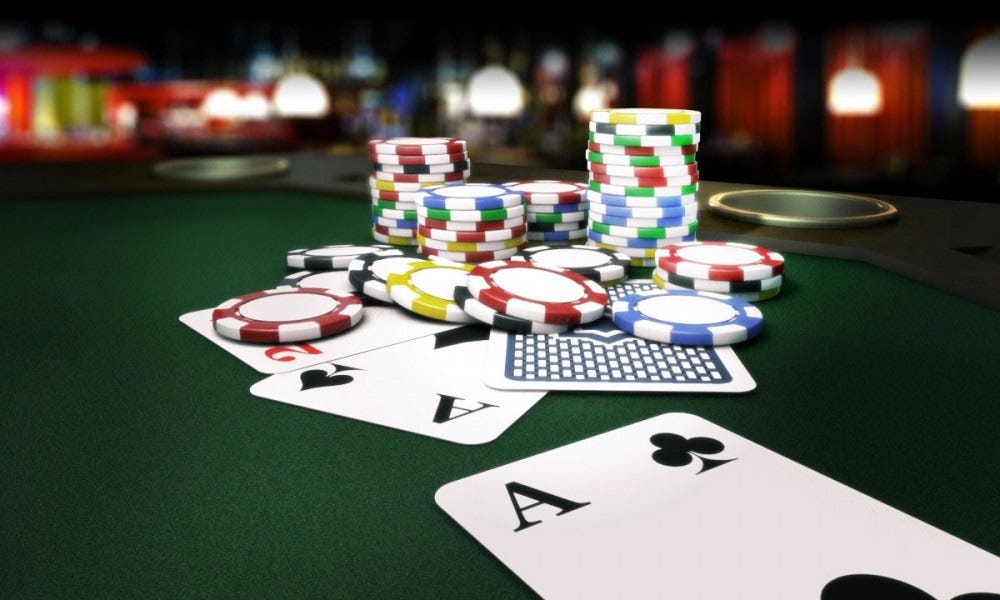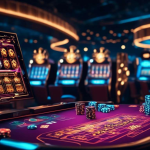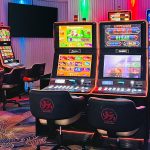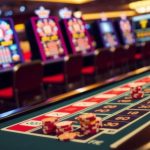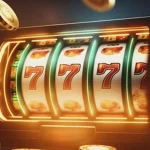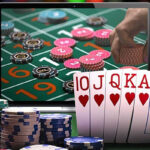Why does practice mode prepare players for real money games?
Practice mode creates essential learning environments where players develop crucial poker skills without financial pressure or monetary consequences. These risk-free settings allow experimentation with different strategies, hand combinations, and betting patterns that would be costly to test in real money situations. Players can make mistakes, learn from errors, and refine their decision-making processes while building confidence for cash games. The quality of play improves when participants arrive prepared, as observed in poker club singapore sessions. Practice sessions provide valuable preparation that directly translates into improved performance during money games.
Skill development opportunities
Practice environments offer unlimited opportunities to master fundamental poker concepts without financial constraints. Players can focus entirely on learning hand rankings, position strategies, and betting mechanics without worrying about losing money. Repetitive practice helps internalize complex decision-making processes that become automatic responses during pressure situations. New players benefit from extended practice sessions that allow them to understand game flow and timing. Experienced players use practice mode to test new strategies or refine existing techniques before implementing them in cash games. Skill progression occurs naturally when players can experiment freely without financial consequences affecting their learning process.
Strategy testing environments
Different strategic approaches can be evaluated thoroughly in practice settings before committing real money to untested methods. Players can experiment with aggressive betting patterns, conservative play styles, and bluffing frequencies to determine which approaches suit their personality and skill level. Practice mode allows testing of various position-based strategies and hand selection criteria. Strategy evaluation methods include:
- Testing different starting hand requirements across various positions
- Experimenting with bet sizing strategies in different situations
- Practicing bluffing techniques and frequency adjustments
- Evaluating fold equity calculations in practical scenarios
Risk-free learning experiences
Practice sessions eliminate the emotional stress associated with monetary losses, allowing players to focus purely on skill development. Learning occurs more effectively when players make decisions based on strategic considerations rather than fear of losing money. Mistakes become valuable learning opportunities instead of costly errors that create negative emotional responses. Error analysis becomes more objective when financial pressure is removed from the equation. Players can review their decisions logically and identify areas for improvement without the emotional impact of monetary losses. This educational approach accelerates skill development and builds solid foundational knowledge.
Gameplay familiarity building
Consistent practice creates muscle memory for everyday poker situations and standard betting procedures. Players develop automatic responses to frequently encountered scenarios, reducing decision-making time during actual games. Interface familiarity helps players navigate software features efficiently, preventing technical difficulties affecting gameplay quality. Time management skills develop through practice sessions where players learn to make timely decisions without rushing. Reading opponent patterns becomes easier when players have extensive experience observing betting behaviors, and timing tells. Familiarity with game flow helps players maintain composure during intense moments in real money games.
Confidence building sessions
Regular practice builds psychological readiness for the pressures and dynamics of real money poker games. Players develop emotional control and decision-making confidence, directly translating into improved cash game performance. Practice experience reduces anxiety and nervousness, which can often affect new players during their first real-money sessions. Mental preparation occurs gradually as players become comfortable with various game situations and outcomes. Confidence in hand evaluation and betting decisions develops through repeated exposure to different scenarios. Self-assurance gained through practice helps players maintain optimal decision-making even in pressure situations.
Practice mode is an invaluable bridge between theoretical poker knowledge and practical cash game application. These preparatory environments allow skill refinement, strategy validation, error-free learning, and interface mastery that directly enhance real money game performance. Players who invest time in thorough practice sessions demonstrate improved decision-making and increased confidence when transitioning to actual cash games, creating a foundation for long-term poker success.

